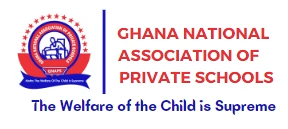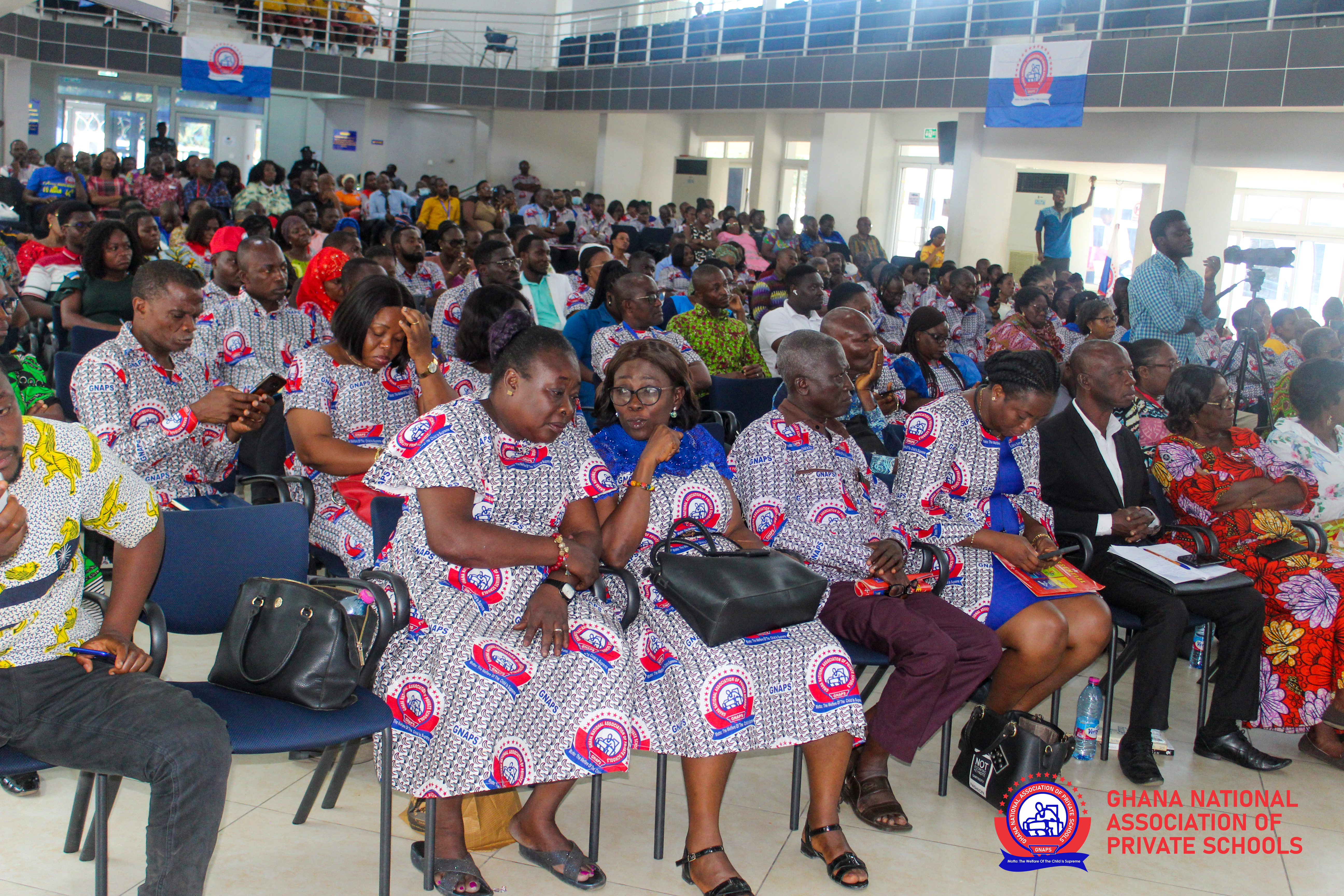The logic of including private schools in the Free SHS programme is rooted in fairness, national interest, and sustainability.
-GNAPS
The logic of including private schools in the Free SHS programme is rooted in fairness, national interest, and sustainability. For decades, private schools have complemented government by providing access where state infrastructure falls short. Parents of children in private schools pay taxes that fund Free SHS, yet their wards have been excluded. Extending the policy to private schools is therefore not charity but justice, it reduces pressure on public schools, ends discrimination, and strengthens educational outcomes nationwide.
In a recent interview, former Minister of Education Dr. Yaw Osei Adutwum questioned the logic of extending the Free SHS policy to private schools. The Ghana National Association of Private Schools (GNAPS) respectfully submits that the policy is not only logical, but also consistent with Ghana’s educational history, aligned with international best practices, fair to taxpayers, and essential for the long-term sustainability of our education system.
History provides the first foundation for this argument. In 1961, Dr. Kwame Nkrumah’s Education Act (Act 87) established compulsory and cost-free education for all Ghanaian children. Importantly, the Act regulated both public and private schools, recognizing their complementary role in expanding access.
From the very beginning, the state understood that it could not shoulder the responsibility for infrastructure, staffing, and access alone. Private schools were never meant to be competitors but partners mandated by law to fill the gaps. Including private schools in Free SHS is therefore not a break from the past but rather a fulfillment of the original vision: education for all, supported by both public and private providers. Kenya (2008), Rwanda (2015), Tanzania (2016), Sierra Leone (2018), Malawi (2019), Zambia (2022), and South Sudan (2023) have all introduced free education at the secondary level.
However, in every one of these countries the policy applies only to public schools, leaving families in private schools to continue paying fees despite their tax contributions. Ghana, by contrast, has taken a bold and historic step by becoming the first African nation to extend Free SHS to private schools. The July 2025 inclusion of sixty private schools in the programme demonstrates Ghana’s leadership in educational inclusivity and sets us apart as a nation willing to remove all barriers to access.
The principle of equity and fairness for taxpayers is another compelling reason. Parents of children in private schools contribute significantly to national revenue through income taxes, property rates, and school operating licenses. Private schools themselves are regulated and taxed as businesses. To deny these families access to benefits Free Senior High School (SHS) is a double injustice: they pay for a service their children cannot access.
The unfairness was further compounded by the 30 percent priority placement policy that favored public school graduates in accessing Category A schools. The current administration’s decision to reduce that quota to 15 percent is a welcome step towards balance. Extending Free SHS to private schools follows the same logic of fairness by ensuring that all taxpayers enjoy the benefits of their contributions.
The impact on national development and system sustainability is equally important. Free SHS in private schools directly addresses the chronic problem of overcrowding in public schools, which gave rise to the unpopular double-track system. By including private schools, government is able to leverage existing infrastructure to absorb students, thereby creating better teacher-student ratios, improving learning conditions, and accelerating the phase-out of double-track.
Already, schools such as St. Andrews SHS, Ideal College, and Emphil SHS have begun absorbing students under the policy. At the same time, the improved business climate, reflected in reduced nuisance taxes, a stronger cedi, and lower fuel prices, has positioned private schools to sustainably partner with government in the delivery of quality education.
It is also important to address misconceptions. Free SHS is not new to Africa, but Ghana’s decision to extend it to private schools is both unprecedented and visionary. This is not about replacing public schools but about complementing them to ensure that no Ghanaian child is left behind simply because of where they are enrolled. Far from being illogical, the policy ensures system-wide efficiency, fairness, and inclusion; values that any forward-looking education system must uphold.
In conclusion, the extension of Free SHS to private schools is not just logical; it is strategic, fair, and transformative. It honors Ghana’s legal foundations, establishes us as global leaders in inclusive education policy, ensures equity for taxpayers, and strengthens the entire education system. Let it be said years from now that when the winds of change blew, GNAPS did not retreat into old structures of exclusion but stood firm in solidarity with Ghanaian children and families. Together with government, we are building an education system that is inclusive, fair, and sustainable for the future.




